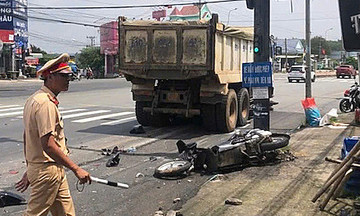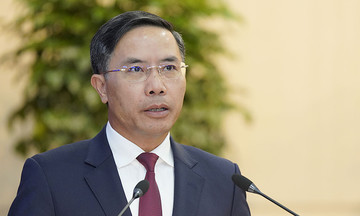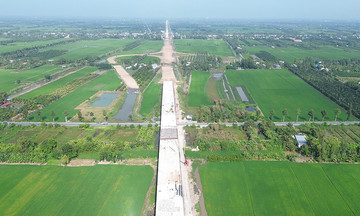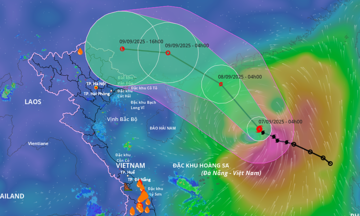In a report seeking government feedback on the revised Law on Civil Servants, Minister of Home Affairs Pham Thi Thanh Tra said the law will comprehensively reform the recruitment, utilization, and management of civil servants based on job positions.
This aims to institutionalize the Party's policy on restructuring and improving the quality of civil servants, and to create a mechanism for workforce mobility between the public and private sectors. The new law also aims to attract and utilize high-quality human resources to improve the operational efficiency of public service units, linked to a mechanism of autonomy and self-responsibility, suitable for the specific characteristics of each sector and field.
According to the draft law, the recruitment, management, arrangement, and utilization of civil servants must be based on the requirements of the job position, as well as the capacity and effectiveness of task performance. The regulation on considering promotion of civil servants' professional titles will be removed. The draft also stipulates the application of competitive examinations and transparent recruitment, while allowing the direct recruitment of high-quality human resources. Public service units are entitled to proactively choose recruitment methods suitable for their sectors and fields of operation, aiming towards a professional and modern management model.
The draft law identifies three groups of job positions in public service units: management; professional and technical, associated with professional titles in each specialized field; and support staff, such as finance, accounting, personnel organization, and office administration.
Minister Pham Thi Thanh Tra said the law also innovates the principles and objectives of civil servant evaluation. The new evaluation mechanism allows for the filtering out of civil servants as soon as they fail to meet job requirements, instead of having to wait for two consecutive years as per current regulations. This evaluation method creates competition within the workforce, forcing civil servants to train, improve their capacity and sense of responsibility in performing their duties, thereby improving the quality of service provision to society.
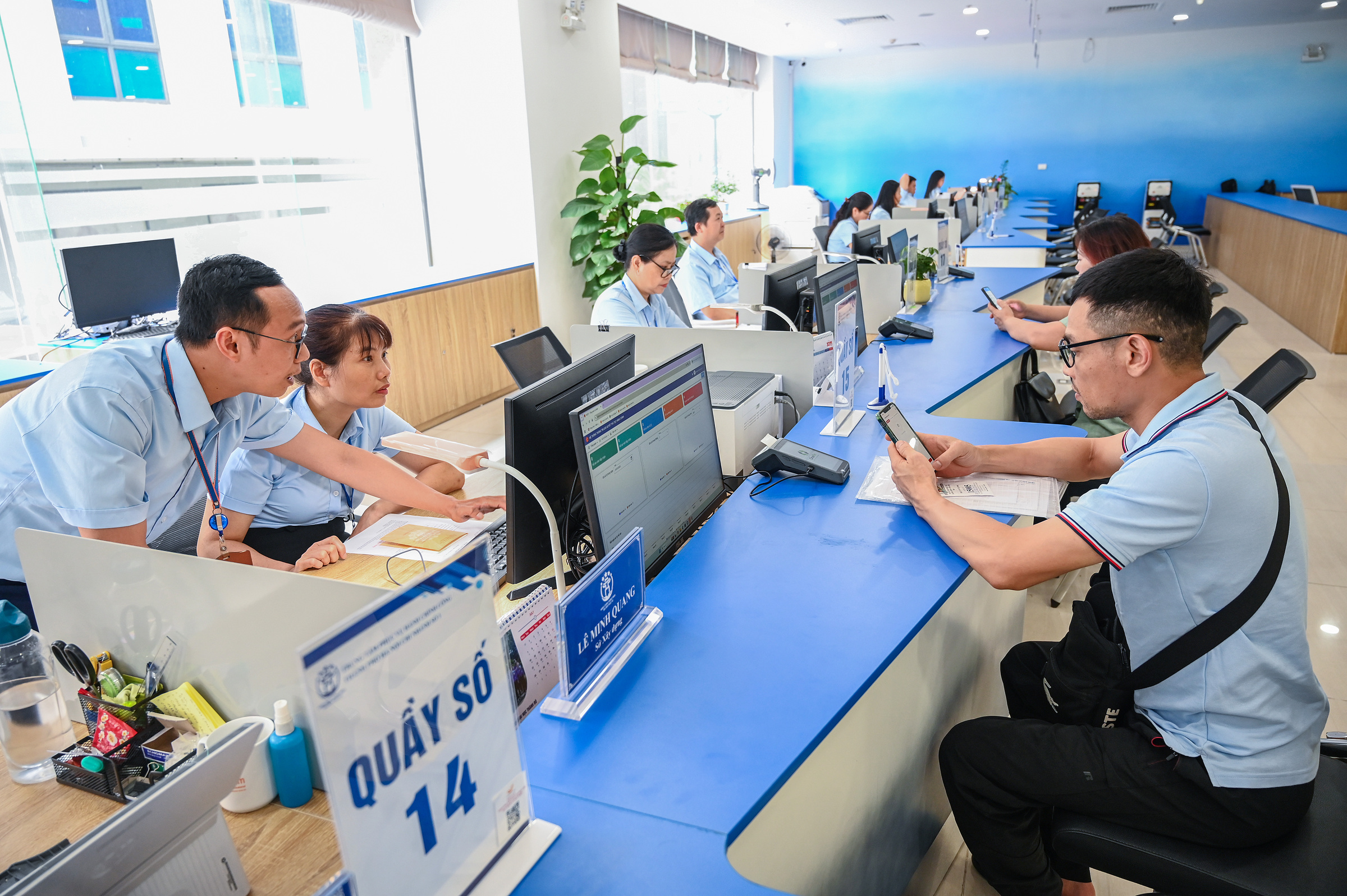 |
Citizens complete administrative procedures at the Hanoi Public Administrative Service Center. Photo: Giang Huy |
Citizens complete administrative procedures at the Hanoi Public Administrative Service Center. Photo: Giang Huy
The rights of civil servants will also be expanded. Civil servants are allowed to sign contracts to carry out professional activities at non-public units; to contribute capital, establish, manage, or work at enterprises established by the public service unit where they work. They can participate in establishing businesses to commercialize research results and exploit the intellectual property and inventions of that organization.
Public-private workforce mobility
The draft law adds regulations on the mechanism for workforce mobility between the public and private sectors, with the goal of attracting and utilizing high-quality human resources for the public sector.
Accordingly, the law allows the recruitment of experts, scientists, talented individuals, people with special aptitudes, and experienced individuals working in the non-public sector as civil servants. The law also opens up a mechanism for recruiting individuals who are currently civil servants or have signed contracts to perform professional and technical work at other public service units, provided they have suitable professional qualifications.
In addition, units can sign management or professional task performance contracts with experts, scientists, and highly qualified individuals, including Vietnamese people both domestically and abroad, as well as foreigners.
Civil servants are also allowed to sign contracts to carry out professional activities at agencies outside the public sector. Thus, the private sector can exploit the expertise and qualifications of human resources from the public sector. This policy both expands the rights of civil servants and creates conditions for them to increase their legitimate income through their capacity, qualifications, and professional activities.
Increased autonomy for public service units
The draft law proposes to innovate the mechanism for classifying public service units according to the nature of their tasks and the method of service provision. Accordingly, tasks are divided into three groups: state management, essential basic public services, and public services under market mechanisms. Provision methods include: 100% state guarantee, task assignment, ordering, or contracting based on products and output.
The draft stipulates that the State will focus resources on investing in units that provide essential basic public services, especially in remote, isolated, and extremely disadvantaged socio-economic areas. The Ministry of Home Affairs believes that innovating the management of public service units in this direction will ensure a streamlined apparatus, increase autonomy, apply advanced management methods, and improve operational efficiency.
This classification also helps the State maintain its leading role in providing public services; improve the quality of essential basic public services; and link downsizing with restructuring and improving the quality of the workforce.
This policy is consistent with the Central Committee's resolution on education and training, which requires strong institutional innovation and the creation of specific mechanisms and policies for educational development. The draft affirms ensuring full and comprehensive autonomy for higher education institutions and vocational education institutions, regardless of the level of financial autonomy.
Son Ha



